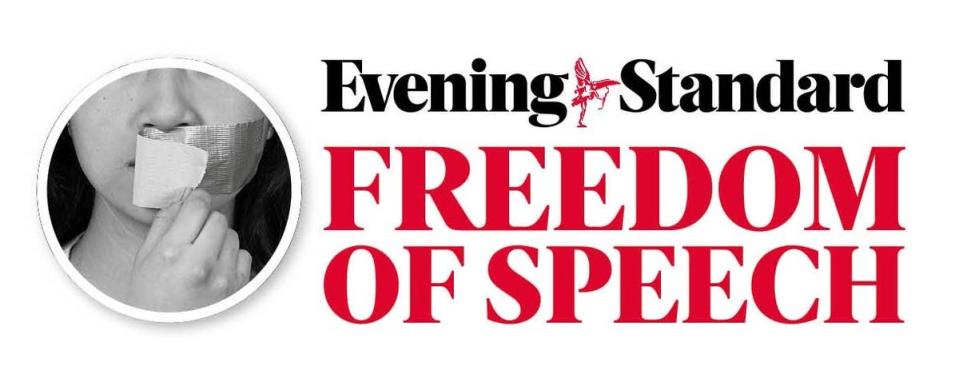OPINION - Adam Driver shouldn’t play Enzo Ferrari? I am tired of reductive identity politics

Morgan Freeman was not condemned for playing Nelson Mandela in Invictus. Forest Whitaker’s portrayal of Idi Amin in the The Last King of Scotland did not inspire backlash on the grounds of cultural appropriation; instead Whitaker won an Oscar for Best Actor.
But some actors have come under criticism for doing what ought to be banal, playing characters who come from a different background to themselves. The American actor Adam Driver has recently been denounced during the Venice Film Festival for playing Enzo Ferrari in Michael Mann’s upcoming film about the Italian racing driver. According to Pierfrancesco Favino, Italian characters should be played by Italian actors. Casting Driver to play Ferrari constitutes an act of cultural appropriation.
This is not about whether the film is good or not. It is not concerned with the quality of the actor’s performance. It is about policing ethnic and cultural boundaries.
Once cultural appropriation is seen as a way to talk about casting in a film, every group can claim grievance
But solely looking at a person tells you nothing about their national or ethnic background. Someone that looks exactly like Driver could be Italian, someone that looks exactly like Freeman could be South African.
Bradley Cooper’s upcoming portrayal of Leonard Bernstein complicates this. Cooper wore a prosthetic nose in his film about the Jewish composer, and this plays into dangerous stereotypes about hook-nosed Jews. But in theory a non-Jewish person should be able to play a Jewish character.
David Baddiel has criticised the casting of Cillian Murphy to play J. Robert Oppenheimer and Helen Mirren to play Golda Meir. He argues it is punching down for non-Jews to play Jews. It is like a white person putting on blackface. It is Jewface. This forms part of Baddiel’s critique of contemporary identity politics: it does not include Jews in its list of victimised groups. But the problem with identity politics is not that whether it includes Jewish people. It is that it is reductive and divisive.
Jewface is not like blackface. Murphy does look like Oppenheimer. And one can’t say just by looking at Mirren whether she is Jewish or not. Once cultural appropriation is legitimised as a way to talk about casting in film, every ethnic group can claim a grievance. Is it punching up or down for a black American to play an iconic Xhosa politician? Acting turns into a minefield of hostile politicking. It should instead be a transcendent means of artistic expression.
Laurence Olivier once quipped to Dustin Hoffman after the latter stayed up for three days to play a sleep-deprived character: “my dear boy, why don’t you just try acting?”. But that quote also serves as the most serious defence against reducing the thespian trade to the narrow silos of identity.

Victory for the truth
Hannah Barnes is an investigative journalist at BBC’s Newsnight. Her first book, Time to Think, was rejected by over 20 different publishers. Why? It charts the collapse of the Gender Identity Development Service at the Tavistock and Portman NHS Foundation Trust. This was the main health clinic in the country for children with gender identity issues.
A small publishing company called Swift Press commissioned Barnes’s book. One of the founders is a man named Mark Richards, and he deserves great credit for backing Barnes. The book became a Sunday Times bestseller, and yesterday was longlisted for the most prestigious prize for nonfiction books in Britain: the Baillie Gifford Prize. This is a vindication of journalism dedicated to the truth rather than to ideological orthodoxies. And it is a vindication of publishers who are committed to releasing quality books that people want to read.
Tomiwa Owolade is a columnist and author


